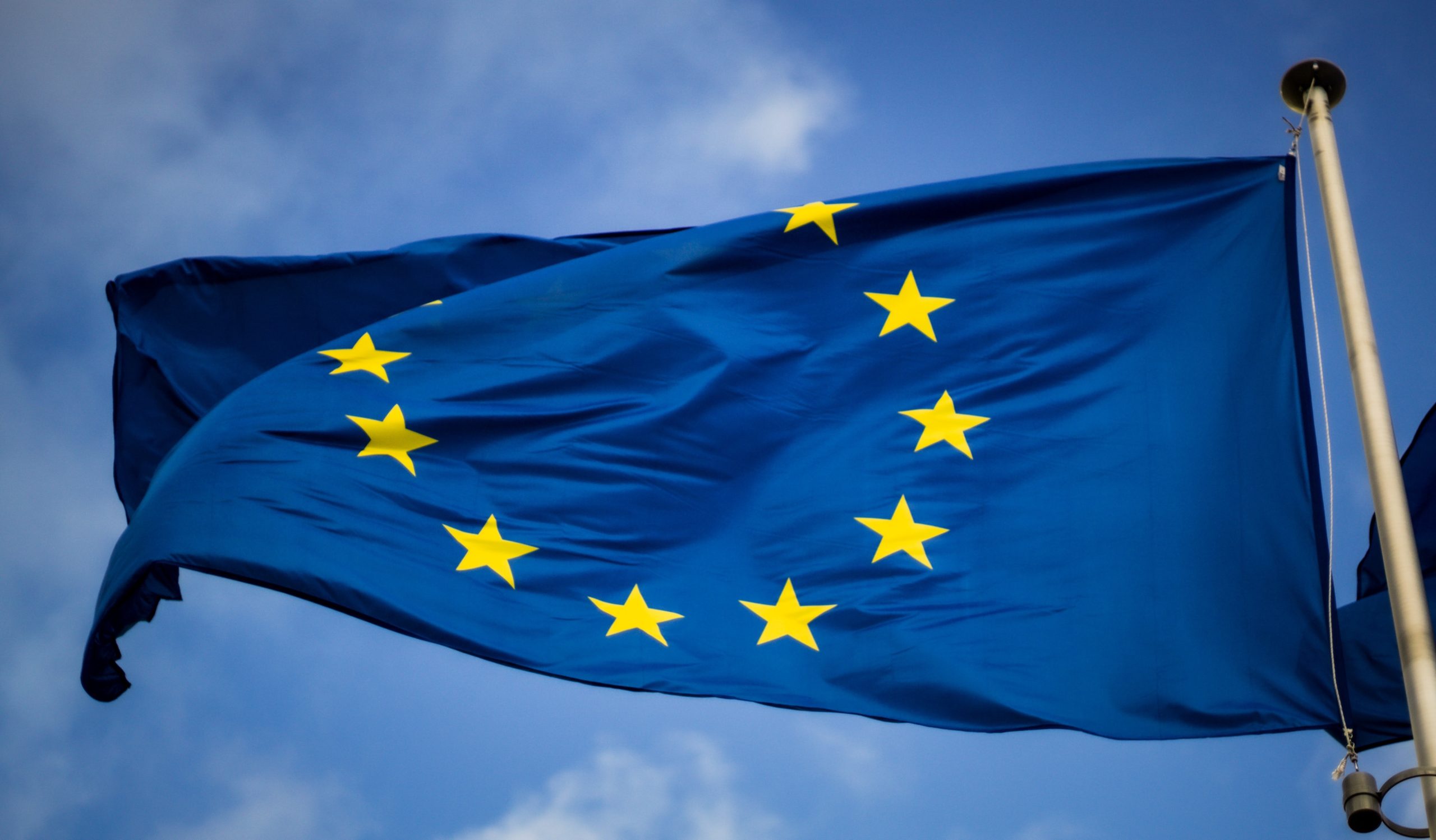By Paul Fehlinger (@PaulFehlinger), Manager of the Internet & Jurisdiction Project, a global multi-stakeholder dialogue process. For more information visit www.internetjurisdiction.net and follow @IJurisdiction.
With the growing tension between the cross-border Internet and the patchwork of national jurisdictions, it becomes crucial to keep track of key global trends that drive the debate on appropriate frameworks.
One year ago, the Internet & Jurisdiction Project initiated a global multi-stakeholder dialogue process on these issues. To provide a factual basis for such discussions, it established an Observatory, supported by a network of selected international experts, to detect and categorize relevant cases via an innovative crowd-based filtering process in order to identify high-level patterns.
The following twelve trends are based on an evaluation of the first edition of the Internet & Jurisdiction Observatory case collection that features the 220 most important cases of 2012.
I THEMATIC TRENDS
Pacesetter: National copyright enforcement
The cross-border Internet naturally challenges the geographic nature of Intellectual Property Rights. As illustrated by national ISP blockings of torrent libraries, graduated response schemes and proposals for multilateral cooperation treaties, copyright has become a major pacesetter for the enforcement of national jurisdiction over the Internet. Several proposed measures raised significant human rights and privacy concerns, as exemplified by the SOPA/PIPA bills and the Anti-Counterfeiting Trade Agreement (ACTA), which was rejected in the EU’s jurisdiction in July 2012.
Cloud-based services: Global platforms versus local privacy laws
Different conceptions of online privacy clash as states and sub-national authorities increasingly try to enforce their laws on cross-border platforms. Local standards can extend globally if the operator of a platform is established within the territory of a given jurisdiction. Thus, the US Federal Trade Commission and the “Sponsored Stories” Facebook settlement in California de facto determine opt-out and consent privacy rules for all international users. At the same time, a growing number of states demands local compliance: In the EU, privacy commissioners examine Google’s 2012 Terms of Service changes and Facebook deleted all facial recognition data of EU users in reaction to an audit by the Irish privacy watchdog and investigations by a regional Data Protection Authority in Germany.
Hate Speech: Viral outbursts and digital wildfires
In the absence of appropriate cross-border standards for takedown norms and procedures, viral online outbursts and “digital wildfires” of hate speech across multiple jurisdictions have become a major concern. The Innocence of Muslims video on YouTube, and “doctored images” that caused unrest in Indian regions showed that solutions like entire platform blocks via national ISPs can be disproportionate and do not take the granularity of online content into account.
In Search of Standards: Defamation and libel tourism
Prominent online defamation cases are on the rise, while criteria for liability, publishing locations and adjudicatory jurisdiction remain vague. In Australia, Twitter was directly sued as the publisher of a defamatory tweet that was sent by one of its users. In the UK, a citizen of New Zealand won a Twitter defamation case against an Indian citizen residing in England and a former British politician took action against 10.000 Twitter users who tweeted or retweeted a false rumor. Moreover, a bill in thePhilippines and demands by Swedish authorities indicated the growing trend of criminalizing online defamation.
II TRANSBOUNDARY IMPACTS OF SOVEREIGNTY
Still Neutral? The DNS as Content Control Panel
There are attempts to leverage the Domain Name System (DNS) layer to enforce national jurisdiction over foreign online content when the DNS operator is located within a state’s territory. A US court ordered VeriSign, the manager of .com, to take down the Canadian bodog.com site. The US Immigration and Customs Enforcement (ICE) seized without a court order the .com and .org domains of the Spanish link library Rojadirecta because the domains had been bought through a US registrar, although the site had been declared to operate legally by courts in the Spanish jurisdiction. ICE subsequently released these domains without explanation. This potentially causes transboundary impacts of national sovereign decisions.
Limitless Sovereignty? Jurisdiction over foreign citizens
Extraterritorial extensions of jurisdiction over foreign citizens are rising in the absence of clear competence criteria. In California, a series of similar copyright cases was divided between two judges. They disagreed on having personal jurisdiction over an Australian resident. The actions were filed by a Korean rights holder, which argued that the defendant’s use of US-based social media platforms constituted a sufficient connection to the American jurisdiction. Are there limits to the exercise of sovereignty over a shared common infrastructure?
III FRAMEWORKS AND PROCEDURAL INTERFACES
National Laws vs. Platform Rules: The role of Terms of Service
Terms of Service provisions regarding freedom of expression, defamation or privacy increasingly morph into the law of “digital territories”. Tensions arise, as Internet users are both subject to the laws of their jurisdiction and to the rules of the platforms they use. In Brazil, Facebook deleted the account of a topless female rights protestor for infringements of its Terms of Service. Meanwhile in the US, Twitter refused to disclose the identity of Occupy tweeters to authorities since its Terms of Service specify that the company does not own tweets.
Lack of Interoperability: Procedural interfaces and MLATs
Enforcing territorial sovereignty can carve up the Internet. Due process for takedowns, seizures or LEA access to private data emerges as a major concern for all stakeholders, but viable interoperability frameworks to manage the Internet commons do not yet exist. In search of solutions to handle state-platforms interactions, India called for a dispute resolution forum attached to the UN after local riots were triggered by online content. Pakistan claims to be obliged to continue the DNS block of the entire YouTube site for one objectionable video, due to the lack of appropriate procedures in the absence of an MLAT regime with the US.
IV TECHNOLOGIES AND TOOLS
Data Territoriality: The Location of servers matters
Despite the global availability of most cloud-based platforms, the location of their data centers matters. Thus, US authorities seized the file locker Megaupload via its US-based servers, although the Hong Kong-based platform was operated by a German citizen residing in New Zealand. Equally enforcing national jurisdiction over servers, Ukrainian authorities shut down a platform operated from Mexico. Wikipedia explained that it does not operate servers in the UK because of certain jurisdictional risks due to strict local defamation laws.
Localizing the Internet: Geo-IP filtering and cc-TLD migration
Facing difficulties to simultaneously respect 192+ national laws, cross-border platforms create “localized experiences” to be in compliance with territorial laws. Twitter developed a tool to block unlawful content in certain jurisdictions through geo-IP filtering and used it for the first time to block a Nazi account in Germany. Google’s Blogspot uses the DNS and launched an automatic cc-TLD redirection scheme to prevent cross-border impacts of local compliance on platform users from other jurisdictions.
Cybertravel: The legality of proxies and VPNs
The ability to freely cross jurisdictional borders on the Internet becomes challenged, as states strive to enforce local laws online. The spread of ISP domain blocks and geo-IP filtering increases the use of VPNs and proxies to circumvent national access limitations. Whereas a New Zealand ISP offers “US Internet” by default, cybertravel technologies become increasingly contested or criminalized asChina, Russia and Iran target VPNs. Likewise, The Pirate Bay proxies in the UK and the Netherlandsare being shut down.
Notice and Staydown: The rise of automated filters
Courts increasingly demand the use of automated filters on cross-border platforms to ensure that content complies with local jurisdictions, especially in cases where the same or similar infringing content is uploaded again. An Argentinean judge ordered Google to “permanently” remove defamatory pictures of a model. Concerning copyright, views diverge as a German court ordered YouTube to develop a notice-and-staydown mechanism for protected songs, while a French courtruled that upload-filters are unnecessary.
Download the “2012 in Retrospect” Case Collection
https://twitter.com/PaulFehlinger
https://twitter.com/IJurisdiction


